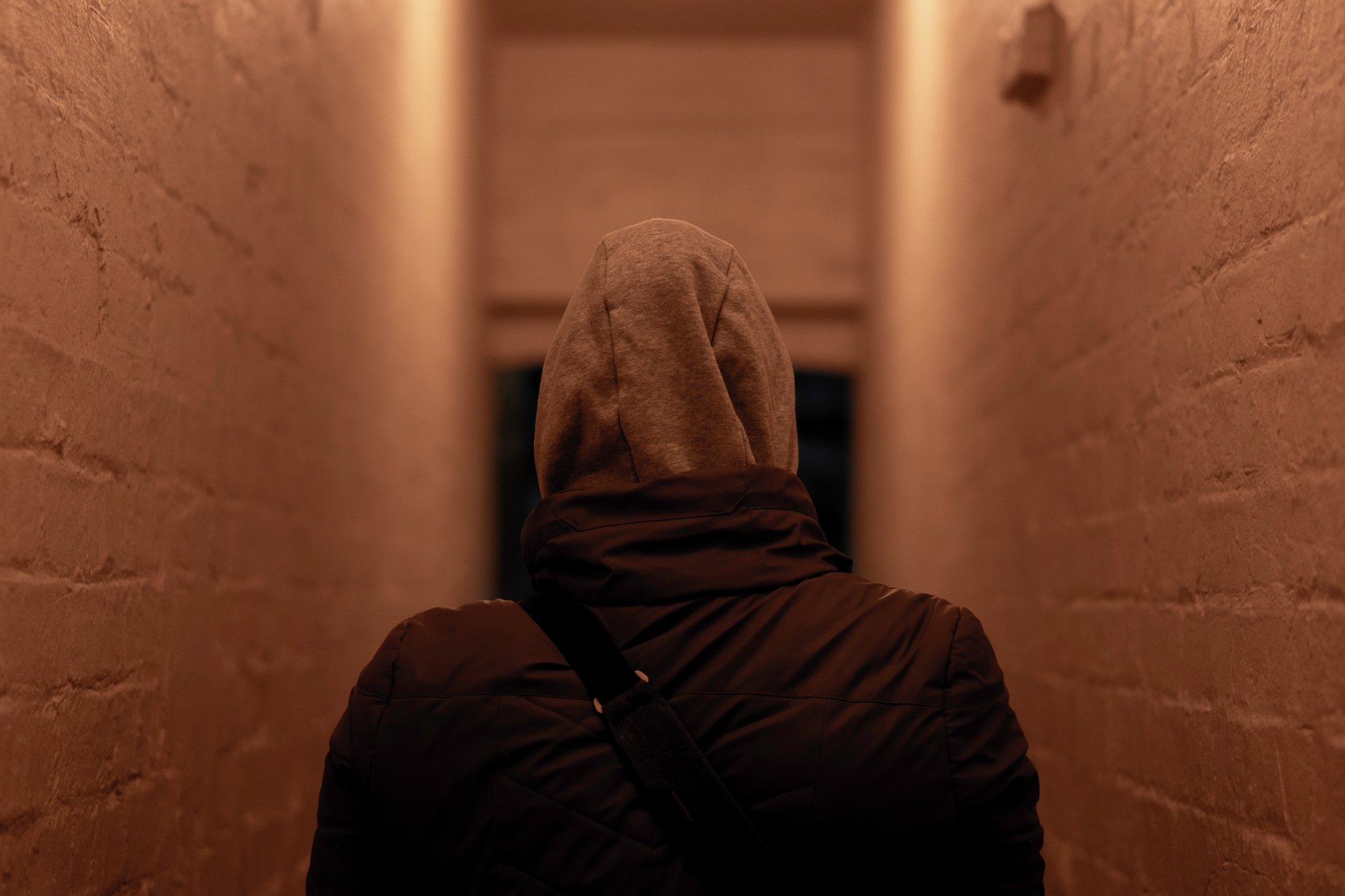Hidden Hints of Teen Depression
As adolescents navigate a maze of changes physically, socially, hormonally, and academically, some degree of mood disruption is expected. But how can parents discern normal teenage growing pains from problematic depression?

Table Of Content
- Common Signs of Depression in Teens
- Subtle Potential Hints
- Unique Depression Signals in Young Men
- Unique Depression Signals in Young Women
- Trusting Your Parental Intuition
Learning both overt and subtle clues that may indicate clinical depression can aid swift intervention. Catching symptoms early and connecting teens to support halts downward spirals.
In this article, we’ll explore easy-to-miss hints of depression like irritability and sleep changes as well as more obvious red flags like declaring self-defeating thoughts. Spotting a constellation of signs presents a clearer picture of your teen’s mental health status even if they deny concerns outright.
Common Signs of Depression in Teens
Significant personality and interest changes offer the loudest signals of declining mental health to heed. Watch for:
-
Loss of interest in previously enjoyed activities like sports, hobbies, and/or spending time with friends.
-
Declining academic performance and concentration. Disinterest in school and activities that previously sparked motivation.
-
Expressing feelings of emptiness, worthlessness, inappropriate guilt, or fixating on past failures.
-
Noticeable sadness, tearfulness, and/or frequent crying that persists rather than fluctuates.
-
Withdrawing from family and friends. Increased isolation and social disconnection.
-
Appetite or weight changes. Either significantly increased or decreased eating.
-
Anger, hostility, and/or irritability. Short-fuse moodiness.
-
Fatigue, lack of energy. Moving in slow motion.
-
Insomnia or excessive sleeping. Difficulty falling asleep, staying asleep, and/or oversleeping.
Any of these signs warrant checking in with a pediatrician or mental health professional. Multiple symptoms appearing in combination strengthens the case for thorough evaluation.
Significant personality and interest changes offer the loudest signals of declining mental health to heed.
Subtle Potential Hints
Subtle Potential Hints
Alongside clearly noticeable symptoms, teens may exhibit more subtle mood changes parents can catch. Things like:
-
Apathy about personal appearance. Lacking interest in hygiene, clothes, hair, etc. that used to matter to them.
-
Difficulty making decisions. Procrastination and hesitation uncharacteristic of their personality.
-
Memory issues. Increased forgetfulness could indicate concentration challenges.
-
Physical complaints. Headaches, stomachaches, and/or body aches without actual illness present.
-
Increased sensitivity. Hurt feelings and overreactions to small criticisms.
-
Hyperfocusing on the past. Obsessive regrets over past mistakes.
-
Laughing or smiling less. Loss of lightheartedness.
-
Cycling rapidly between moods like euphoria, anger, and/or apathy rather than typical levels.
While individually these could simply reflect normal ups and downs, collectively they form worrisome patterns warranting parents gently exploring what’s behind the changes.
Unique Depression Signals in Young Men
Unique Depression Signals in Young Men
Societal messages urging teenage boys to “man up” and mask vulnerability leave many depressed boys overlooked. But their symptoms may present differently than in girls. Look for:
-
Irritability, anger outbursts, and/or aggression indicating depression-driven anguish. Providing healthy emotional outlets is key.
-
Reckless behaviors like substance abuse, self-harm, or illegal acts to provoke consequences or feelings of control. Protectively intervene.
-
Somatic symptoms like headaches, stomach pains, and/or dizziness with emotional roots. Make mental health connections.
-
Withdrawal through technology or video game over-immersion rather than social isolation. Set limits on disengaging tech.
Any sudden behavioral shifts in a typically level-headed teen could point to an internal struggle with mood. Make it safe for young men to open up through patience, compassion, and reassurance.
Societal messages urging teenage boys to “man up” and mask vulnerability leave many depressed boys overlooked.
Unique Depression Signals in Young Women
Unique Depression Signals in Young Women
While many depression symptoms appear similar across genders, young women may exhibit hints like:
-
Withdrawing from friends/activities once enjoyed together. Check in if their social landscape suddenly shifts.
-
Declining interest in appearance; not just being lazy, but truly not caring.
-
Anger, hostility, and/or silence when parents inquire about changes. Defensiveness might mask deeper issues.
-
Overly distracted or perfectionist focus on schoolwork as avoidance. Poor results despite obsessive effort.
-
Self-harm behaviors like cutting, burning, and/or excessive nail biting. Look for wounds or suddenly wearing bracelets/armbands.
-
Disordered eating patterns, such as severely restricting food or binging and purging.
Pay attention if a normally outgoing, social girl suddenly isolates herself or loses joy pursuing creative outlets like music, art, or writing that previously brought happiness. Show them you care through gentle persistence.
Trusting Your Parental Intuition
Trusting Your Parental Intuition
No list captures every possible sign of teen depression. Lean on your gut instinct as someone who knows your child better than anyone else. You may sense something is “off” before being able to pinpoint tangible symptoms.
Create opportunities for one-on-one talks during mellow activities like driving, cooking together, or hiking to provide openings to share freely. Don’t ignore ongoing personality changes or utterances about hopeless thoughts.
Getting proper assessment and treatment early remains critical, especially amid pandemic-driven spikes in teen depression and suicidal thinking. Validation lets kids know you take concerns seriously so recovery can begin.
Some moodiness naturally weaves through the ups and downs of adolescence. But staying vigilant to potential symptoms hidden in plain sight could make all the difference in emerging well-being. With compassion and care, we can help teens navigate pain into purpose.
Let Idaho Youth Ranch help your teen
Teen Counseling
Our masters-educated and trained therapists and counselors have the experience your young person needs to find healing.
Family Counseling
Idaho Youth Ranch can help your family reconnect, open up lines of communication, and build more positive relationships.
Group Counseling
Group therapy helps young people, ages 9 to 24, to address trauma, dangerous behaviors, troubling feelings or experiences.
Equine Therapy
Working with horses has been a proven method of emotional recovery and one of the unique services offered by Idaho Youth Ranch.


.webp?width=500&height=334&name=Idaho%20Youth%20Ranch%20Family%20Counseling%20(1).webp)

